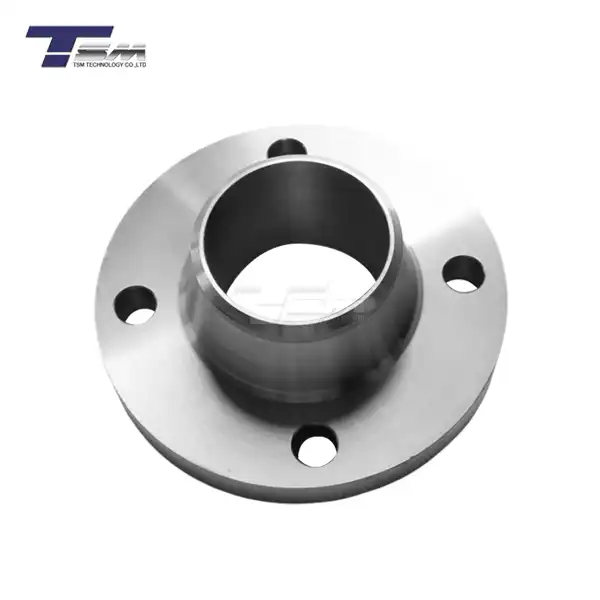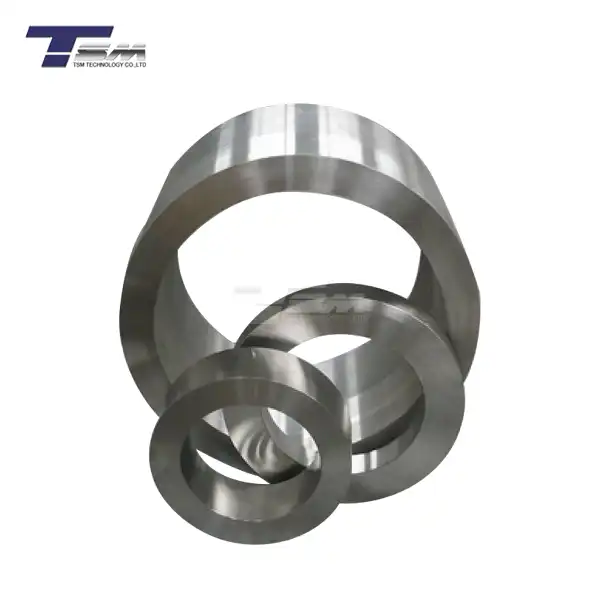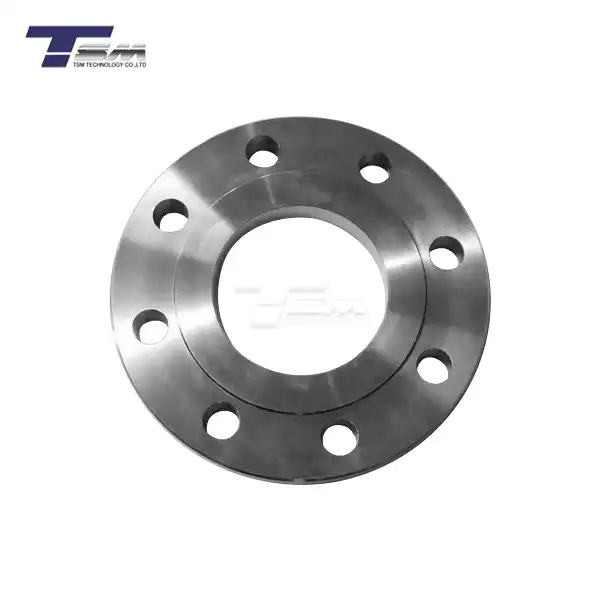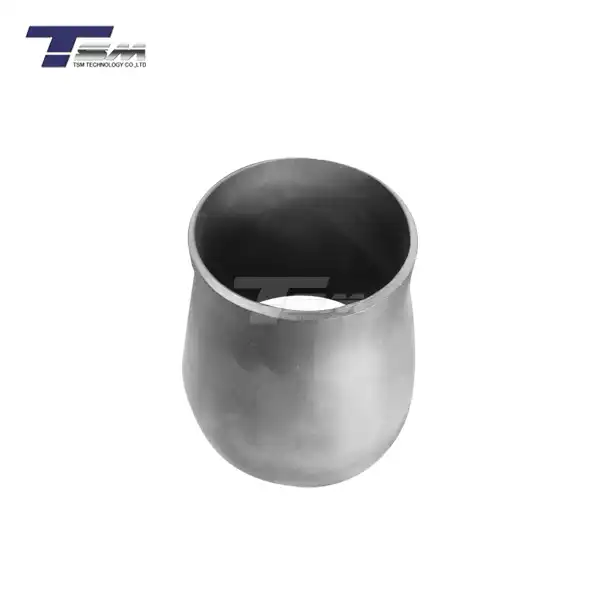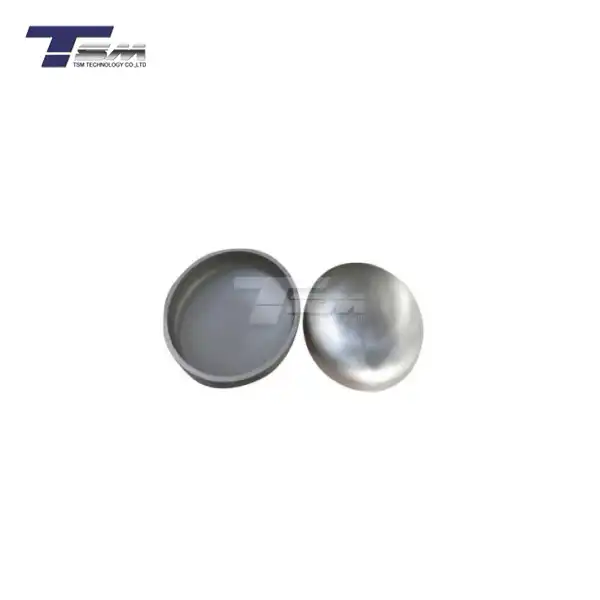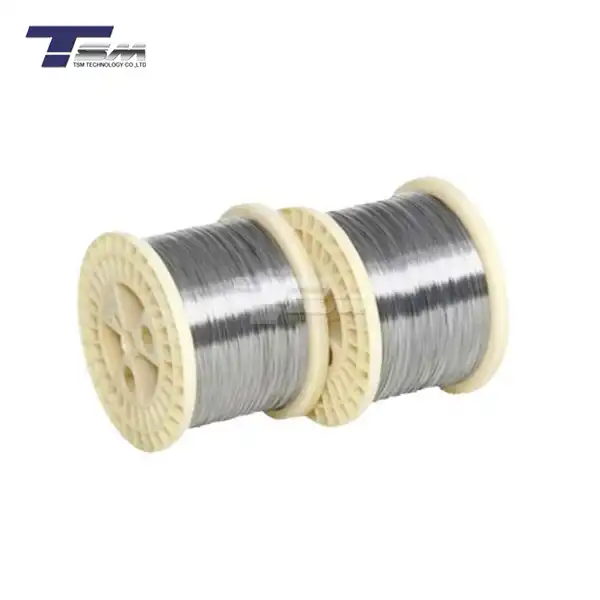
Common Causes of Fastener Failure and How to Prevent Them
2025-06-19
Fasteners play a critical role in ensuring structural integrity across industries, from aerospace to construction. However, improper selection, installation, or environmental factors can lead to premature failure, resulting in costly downtime and safety risks. This article examines the most common causes of fastener failure and provides preventive measures to enhance reliability.
Corrosion: The Silent Killer
Corrosion is one of the leading causes of fastener degradation, particularly in harsh environments like marine, chemical, and offshore applications.
| Type of Corrosion | Causes | Prevention Methods |
|---|---|---|
| Galvanic Corrosion | Dissimilar metals in contact (e.g., steel bolt in aluminum part) | Use compatible metals or insulating washers |
| Crevice Corrosion | Moisture trapped in gaps (e.g., under bolt heads) | Apply sealants, use corrosion-resistant coatings |
| Stress Corrosion Cracking (SCC) | Tensile stress + corrosive environment | Use high-nickel alloys (e.g., Inconel), reduce applied stress |
Solution: Choose stainless steel, titanium, or nickel alloy fasteners for corrosive environments.

Fatigue Failure: When Repeated Stress Takes Its Toll
Fasteners subjected to cyclic loading (e.g., in machinery, vehicles, or aircraft) can fail due to fatigue.
| Fatigue Failure Signs | Prevention Strategies |
|---|---|
| Cracks near thread roots | Use rolled threads (not cut) for better fatigue life |
| Fracture at stress points | Apply proper preload to minimize cyclic stress |
| Progressive loosening | Use locking mechanisms (e.g., Nord-Lock washers) |
Solution: Select high-strength, fatigue-resistant alloys (e.g., Grade 5 titanium, Inconel 718).
Over-Torquing & Under-Torquing
Incorrect tightening can lead to thread stripping, bolt stretching, or joint failure.
| Issue | Effect | Prevention |
|---|---|---|
| Over-Torquing | Bolt elongation, thread damage | Use a calibrated torque wrench, follow the manufacturer's specs |
| Under-Torquing | Vibration loosening, joint separation | Apply proper preload, use thread-locking compounds |
Solution: Follow torque charts based on material and lubrication.
Hydrogen Embrittlement (HE)
A major concern for high-strength steel fasteners, that hydrogen atoms weaken the metal.
| Causes | Prevention |
|---|---|
| Electroplating (e.g., zinc-coated bolts) | Bake fasteners post-plating to remove hydrogen |
| Exposure to acidic environments | Use non-electroplated coatings (e.g., Dacromet) |
Solution: For critical applications, use hydrogen-free coatings or switch to titanium/nickel alloys.
Improper Material Selection
Using the wrong fastener material for the application can lead to premature failure.
| Mismatch Scenario | Recommended Alternative |
|---|---|
| Carbon steel in saltwater | Stainless steel (316) or titanium |
| Aluminum in high heat | Nickel alloy (Inconel 600) |
| Plastics under load | High-strength alloy fasteners |
Solution: Consult material compatibility charts before selection.
Conclusion: How to Ensure Fastener Reliability
To maximize fastener lifespan:
- Choose the right material (corrosion-resistant alloys for harsh environments)
- Apply correct torque (use calibrated tools, follow specs)
- Use anti-loosening methods (lock washers, adhesives)
- Inspect regularly (check for corrosion, fatigue cracks)
At TSM Technology, we provide high-performance fasteners in titanium, nickel alloys, and stainless steel, ensuring durability in the most demanding conditions.
Need expert advice on fastener selection? Contact our engineers today!







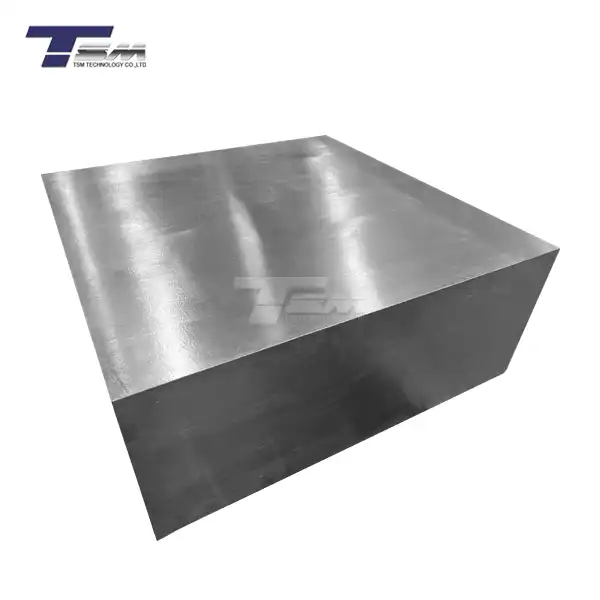
_1752550122066.webp)
